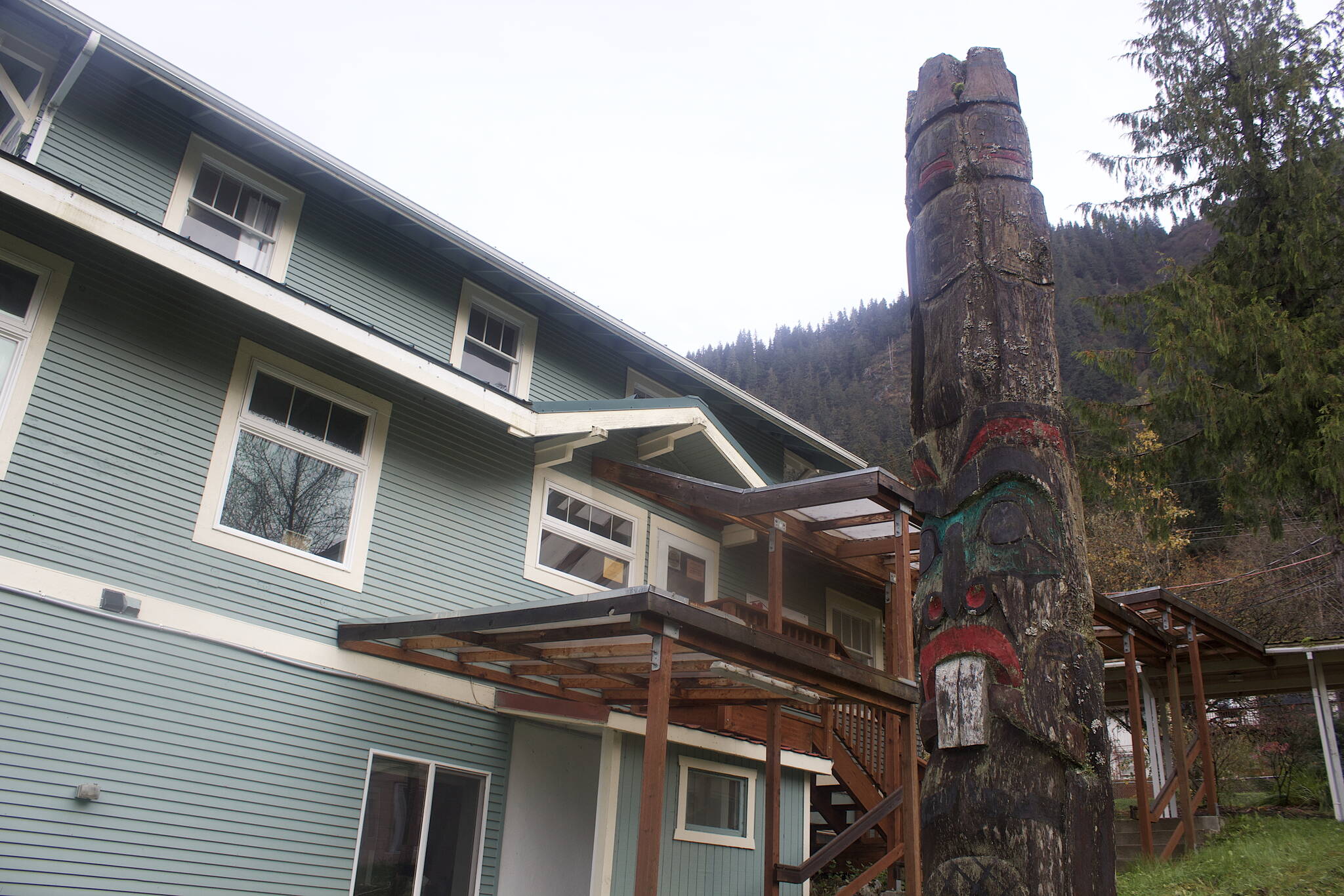An earlier version of this article erroneously stated an occupational therapist was moving to the Lower 48. A registered nurse is moving, not an occupational therapist. This article has been updated to omit the incorrect information.
Hospice and Home Care of Juneau is shutting down next Wednesday due to lack of registered nursing staff, meaning current hospice patients will be discharged and home services by paid caretakers will cease, according to the director of the program.
There are currently 17 home health and two hospice patients, Erin Walker-Tolles, executive director of Catholic Community Services in Juneau, said in an interview Friday. She said all have primary care providers they are being referred to in order to develop individual care plans, and her agency is in discussions with officials at Bartlett Regional Hospital and SEARHC about having them provide some or all of the services affected.
“It’s difficult to be in a situation where we can’t provide the care we’ve provided during the past 20 years,” she said. But “it will be faster for the community if we suspend and Bartlett picks up the program” since the hospital already provides some related services and it would likely take a new organization a year or more to get regulatory approval.
Erin Hardin, a Bartlett spokesperson, stated in an email interview Friday hospital officials are aware of the pending hospice shutdown and “we are committed to helping support these critical services.”
“We are working to obtain licensing with the State of Alaska as well as negotiating through our legal department to establish a format where we can reestablish these programs for the citizens of our service area,” she wrote.
A letter sent Aug. 11 by CCS to providers and patients in the hospice and home care program states “patients and caregivers have been educated on when to call 911 for immediate life-threatening illness. Supplies required for caregivers and patients have been left in the home.”
CCS volunteers will still provide home support for end-of-life patients, including three chaplains who will also offer bereavement counseling, Walker-Tolles said. People seeking such volunteer and spiritual support can call the agency at (907) 463-6111.
CCS has struggled to adequately staff the program during the COVID-19 pandemic, but the situation became dire at the end of June when CCS Board President John Greely told Bartlett’s board of directors about the agency’s financial hardship, according a letter sent Aug. 12 to Juneau Mayor Beth Weldon. The letter stated CCS “will stop taking referrals for new patients effective Friday, September 2, unless the agency is assured of receiving funding of $50,000 per month to cover additional expenses and stem financial losses.”
The situation was discussed at the Juneau Assembly’s Aug. 29 meeting, with Deputy City Manager Robert Barr telling members that staff would work with Bartlett to continue providing assistance. He said Friday discussions between the stakeholders have been ongoing, but specific arrangements are still pending.
A nationwide shortage of health care workers is reaching crisis levels in many areas, with rural areas hit hardest, according to a study published this month by Health Affairs. Walker-Tolles said the practical impact for local hospice care is traveling providers who used to be paid $55 an hour are now demanding more than double that amount.
Furthermore, the problem isn’t one that can be realistically solved simply by a fundraising plea, whether in the form of a large loan or grant from an organization or small amounts from individuals, since the bulk of funds come through reimbursements such as Medicare/Medicaid, she said.
“Any (emergency) funding is a Band-Aid,” she said. “The long-term solution is a robust staffing model, and we can’t compete with Bartlett and SEARHC. It felt a little irresponsible to ask the community to spend a bunch of money when it’s not a long-term solution.”
Some indication of how the shutdown will affect patients is already evident since CCS stopped accepting new patients at the beginning of September. There were roughly 50 home health patients and several more hospice patients when the CCS sent its letter to the mayor, and Walker-Tolles said the home patients were generally able to recover since then while hospice patients have been getting transition help from various entities, such as Capital City Fire/Rescue providing moving services.
“It’s heartbreaking to let it go, but we know we’re doing the best thing for the community,” she said. “We need a sustainable program.”
• Contact reporter Mark Sabbatini at mark.sabbatini@juneauempire.com

